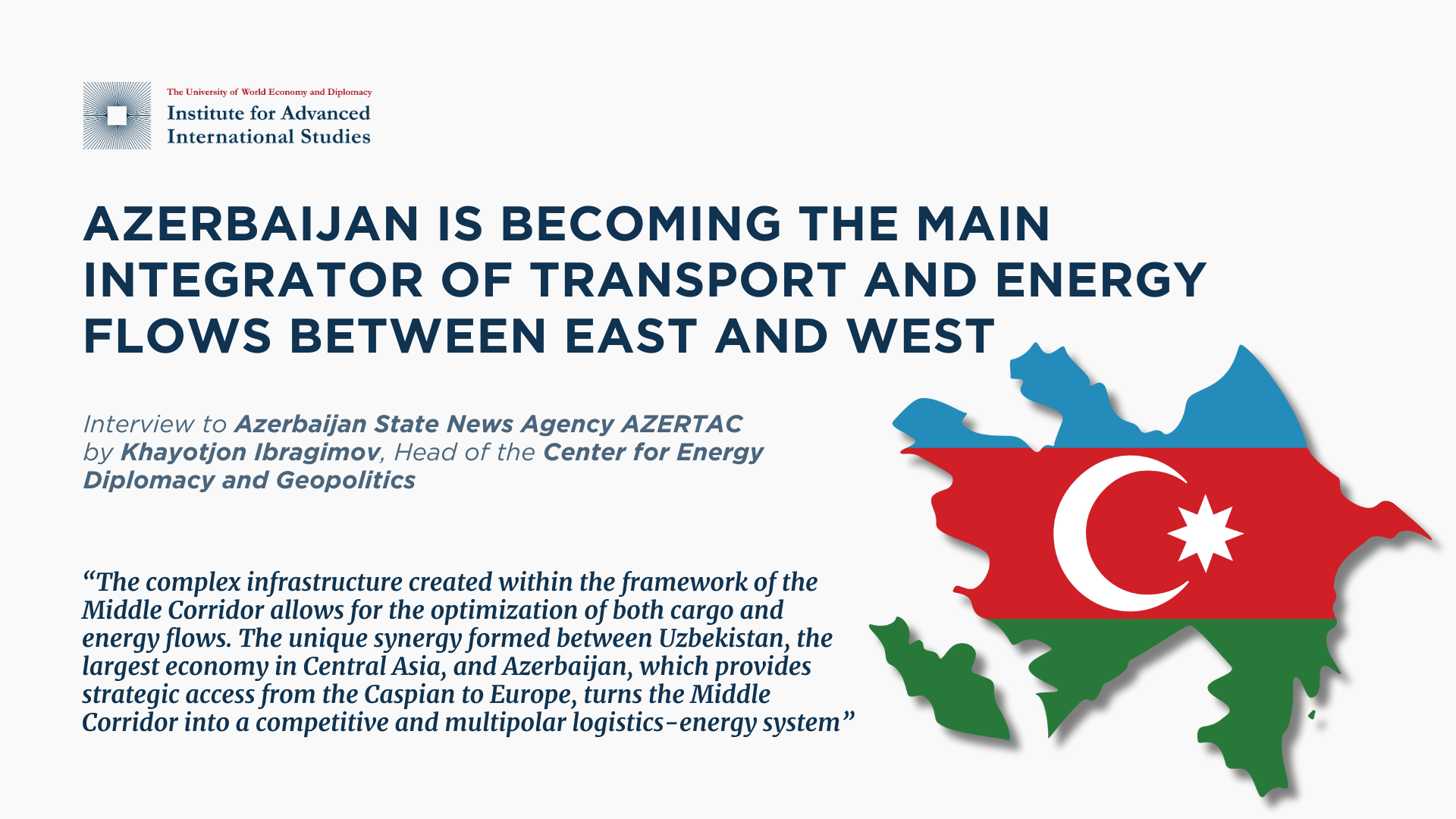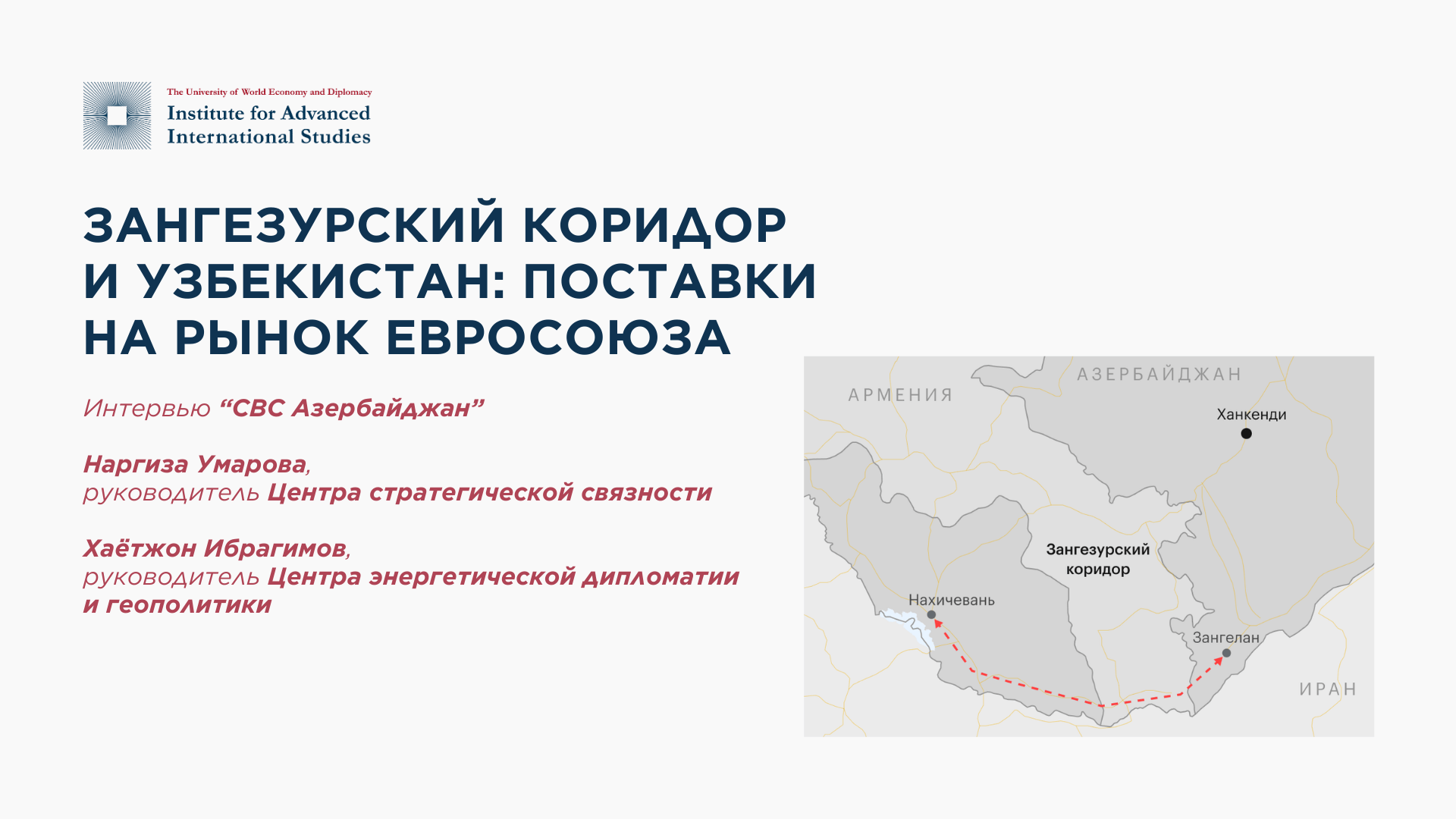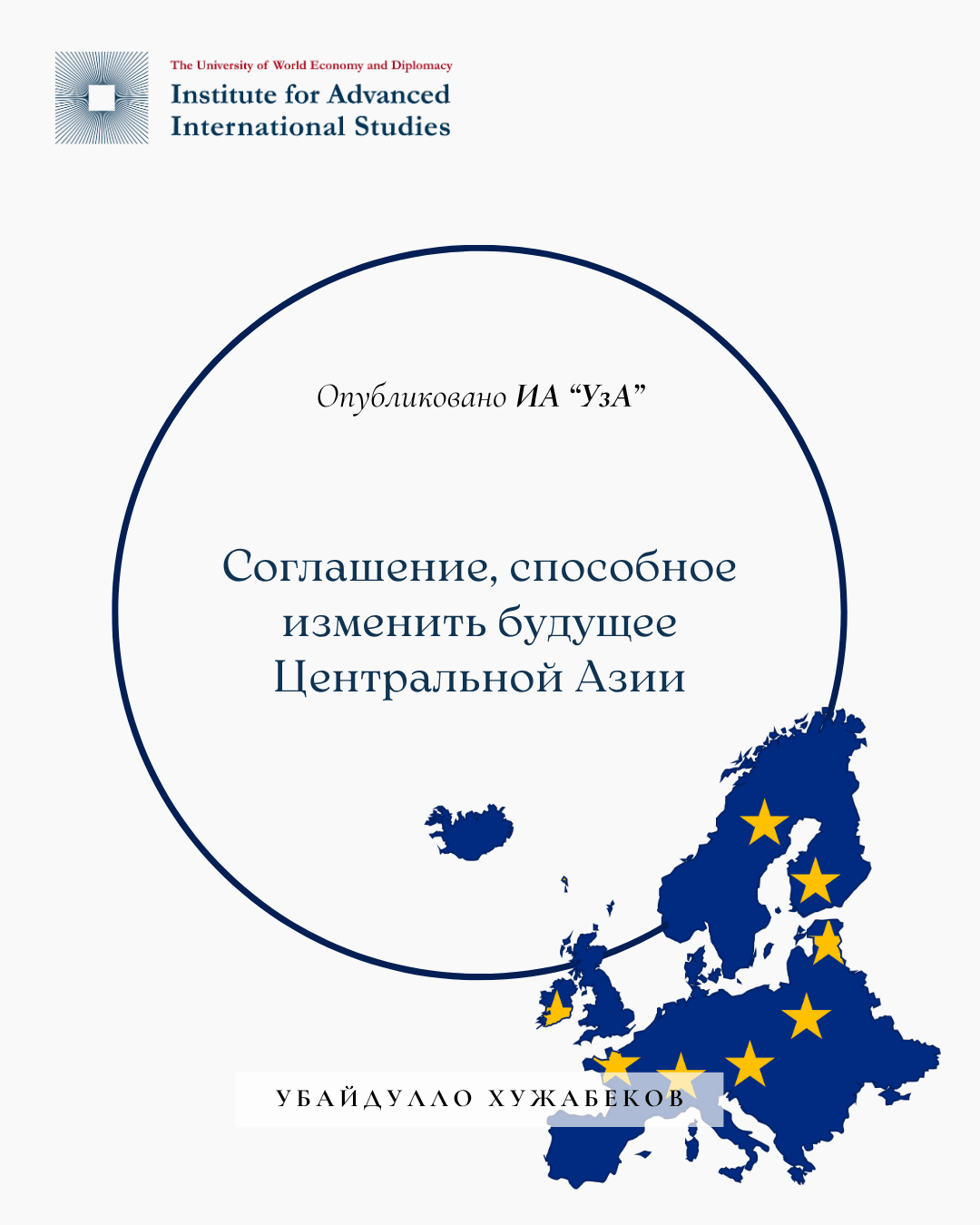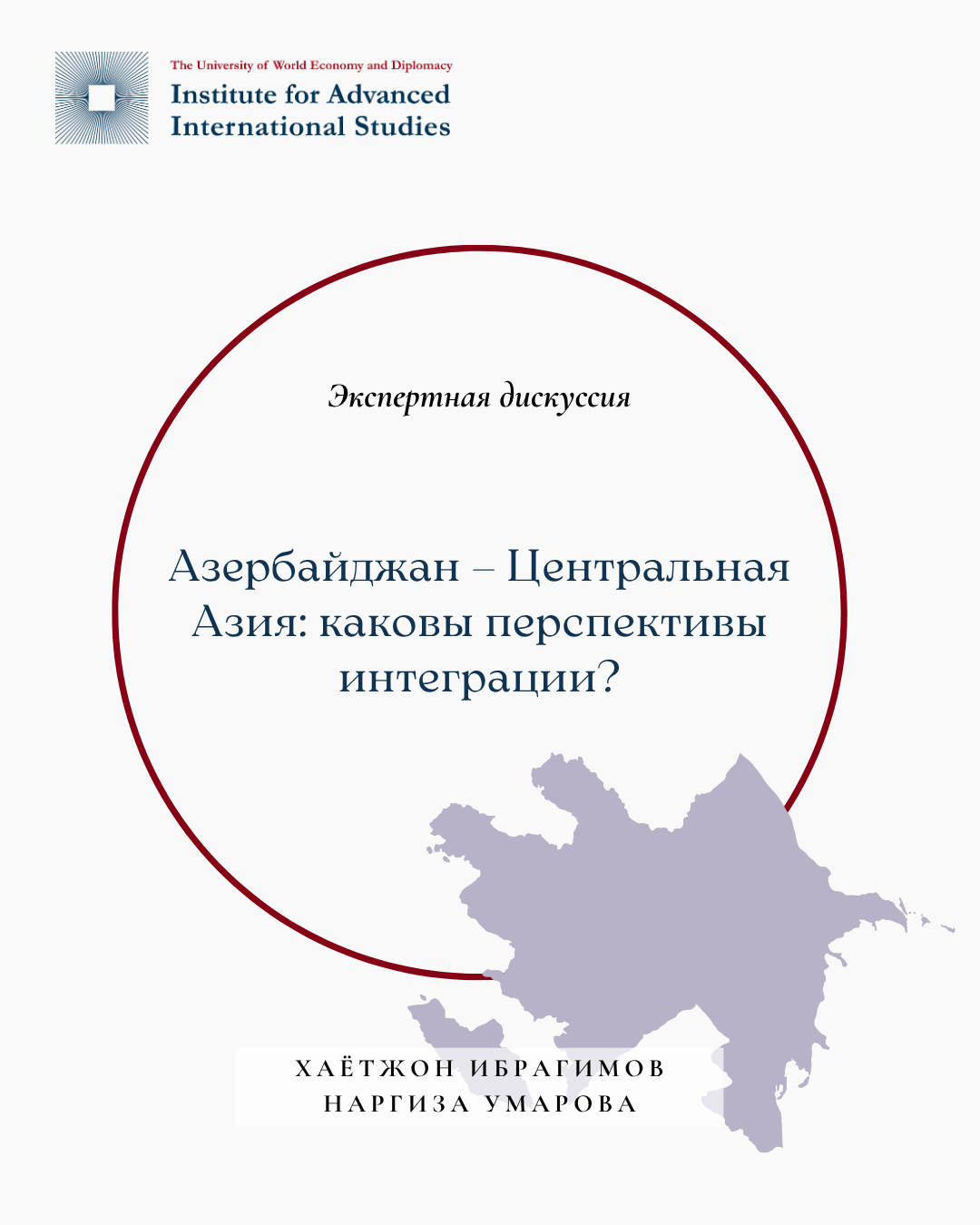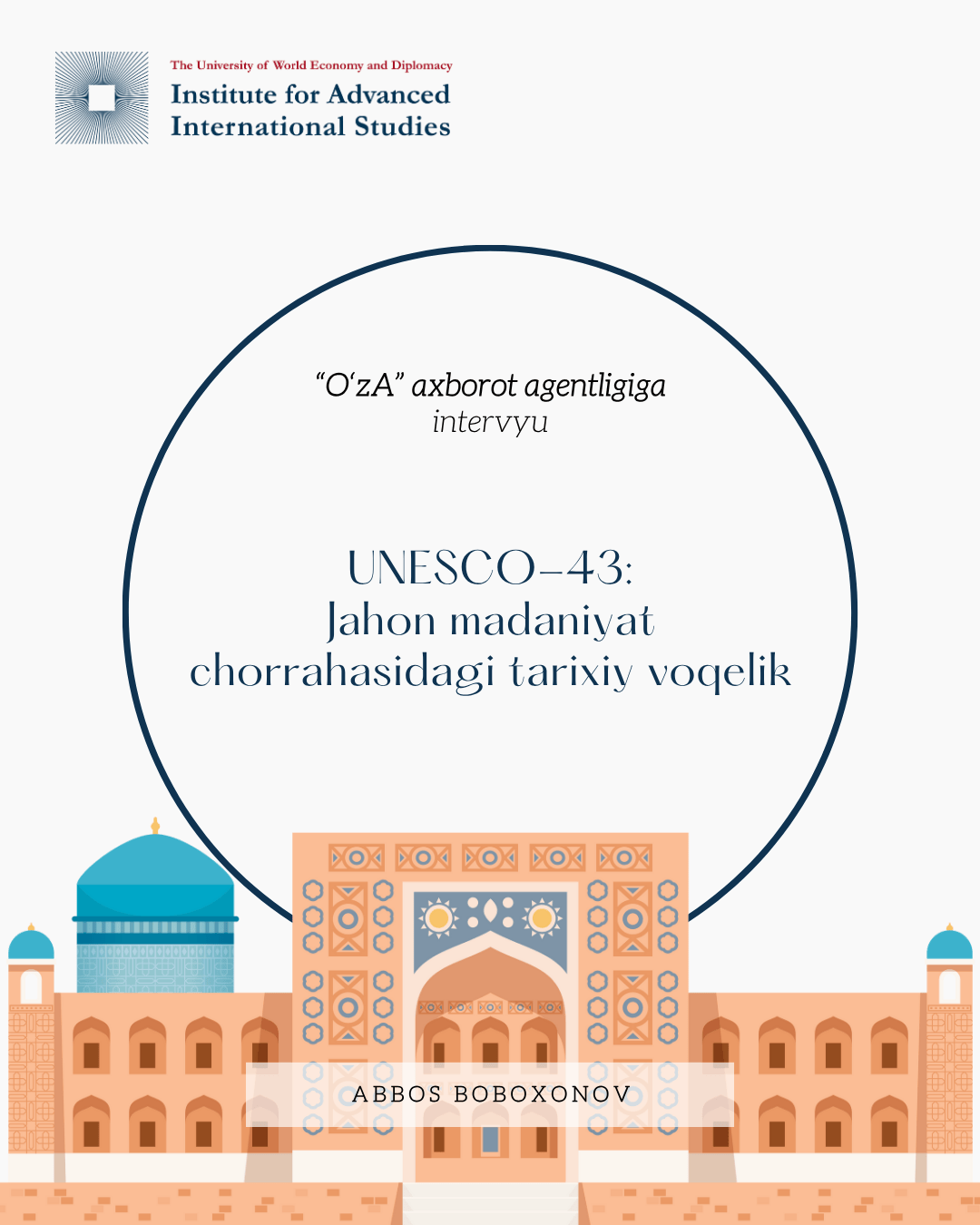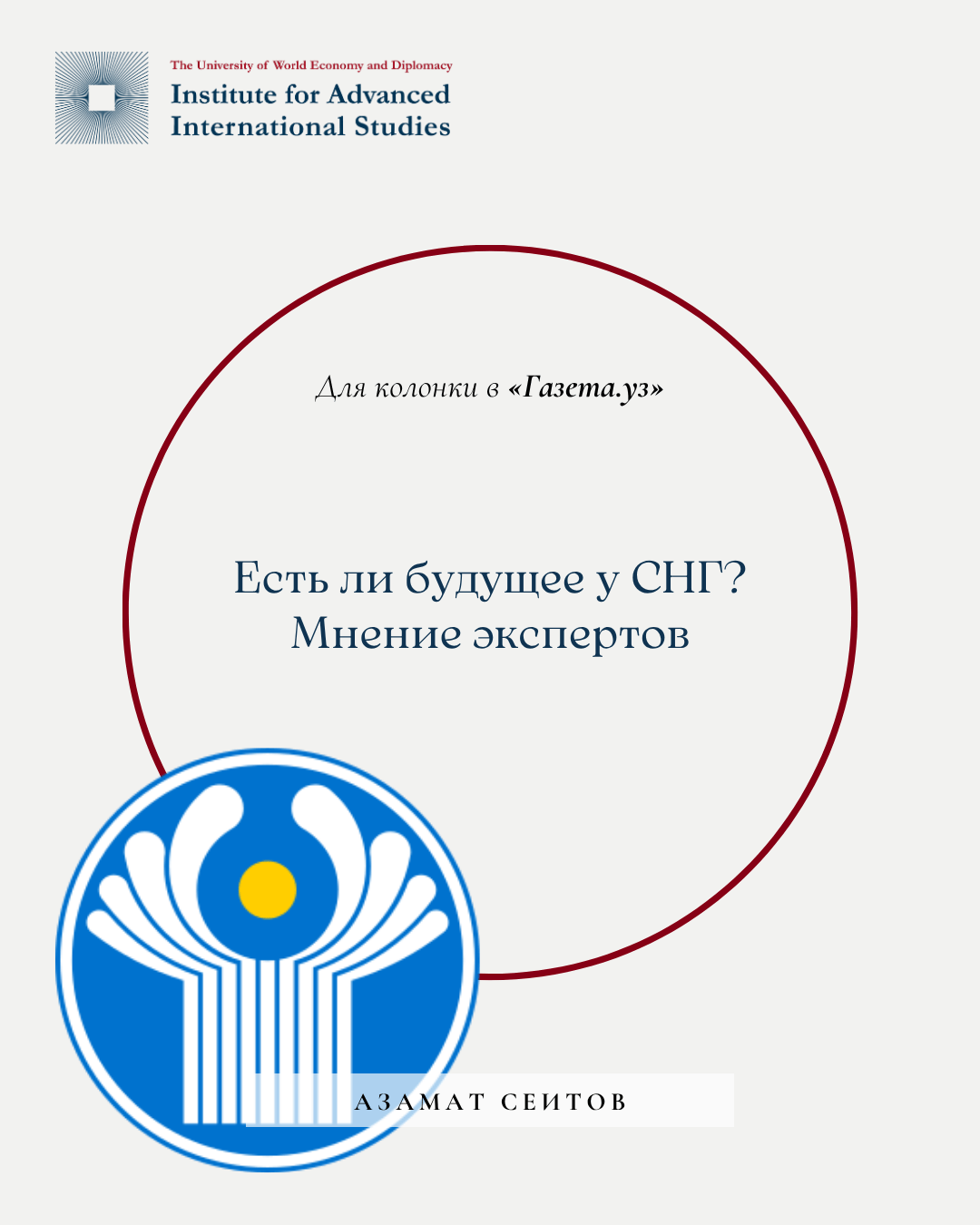In an interview with UzA, Dr. Abbos Bobokhonov emphasized UNESCO’s role in strengthening global cooperation in education, science, culture, and information, and noted that collaboration with Uzbekistan has been consistently expanding in terms of content and scope. As a UNESCO member since 1993, Uzbekistan has been working effectively with this organization to preserve, restore, and introduce its rich historical and cultural heritage to the world community. This is evidenced by the inclusion of 7 Uzbek sites in the World Heritage List, such as Itchan Kala, the historic centers of Bukhara and Shakhrisabz, “Samarkand – Crossroads of Cultures”, the Western Tien Shan, the Zarafshan-Karakum corridor of the Great Silk Road, and the Turan lowland, as well as the international recognition of 16 elements of intangible heritage, including Shashmaqom, Baysun culture, Katta Ashula, Askiya, Palov, Navruz, and others.
The interview also highlighted innovative cooperation with UNESCO: following the pandemic, in collaboration with the Agency for Innovative Development under the Ministry of Higher Education, Science and Innovation, documents on mapping research and innovation are being prepared and stored on the organization’s electronic platform; the potential of universities in five regions is being studied, and research is being conducted in the field of scientific and innovative technologies. These initiatives serve to strengthen the national scientific ecosystem and accelerate international scientific exchange.
Dr. Bobokhonov also emphasized the significance of the historic decision adopted in Paris in November 2023 to hold the 43rd session of the UNESCO General Conference in Samarkand from October 30 to November 13, 2025. This initiative, supported by 194 countries, was interpreted as UNESCO’s first session outside France in the last 40 years, a high commendation of Uzbekistan’s effective diplomacy and cultural and educational progress. The conference, to be hosted in Samarkand – a crossroads of ancient civilizations, is expected to further enrich the agenda of cultural dialogue, mutual understanding and sustainable development in the region and strengthen Uzbekistan’s international standing.
Read the full interview on the UzA website
* The Institute for Advanced International Studies (IAIS) does not take institutional positions on any issues; the views represented herein are those of the author(s) and do not necessarily reflect the views of the IAIS.

